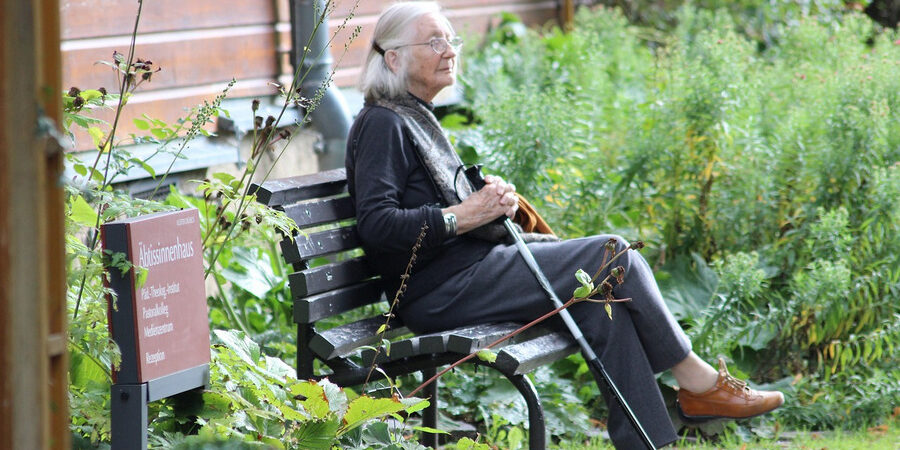There might come a time where dealing with denial in senior citizens is inevitable. Handling the elderly requires lots of patience and finesse.
Denial can quickly cause a strain in relationships. It reduces the quality of life of those affected and it prevents some seniors from accepting reality.
Denial can also be seen as a type of defense mechanism. It’s a way for seniors to deal indirectly with the thought of growing old, and in their minds, it works as long as others let them get away with it.
If they see their health declining, their friends slowly passing away and the inability to make their own decisions, they are sensing that the end is getting near and they wish to avoid that.
In cases where Alzheimer’s disease or other forms of dementia are present, the denial reaction is used by seniors because they either want you to believe what they are saying or they have no recollection of it.
Probably the biggest problem with accepting the fact that they are no longer independent is that it makes them sound and feel old. If they admitted it, they would be saying that they can no longer care for themselves and they need help.
3 Surefire Ways of Dealing with Denial in Senior Citizens
There might come a time when dealing with denial in senior citizens becomes personal. Your parents or other elderly loved ones could go through the same situation.
Denial often kicks in when it’s time for seniors to move in with another relative or move to an assisted living facility. They might protest that they are doing alright, but deep down inside you know they are not.
Here are three ways that can help you get through denial:
Give Them Time to Adjust – Instead of rushing in and preparing the paperwork to get them help, you should give them some time to process what is happening. It’s better to break it down into phases and give them small chunks about what you want to do for them. Don’t make it seem as it is an ultimatum. They might eventually accept that they need help and do what they can to be cooperative.
Listen – You’ve got to let a parent know you are on his or her side. Tell them that you will listen to all of their suggestions and talk about the situation when they have had time to think about it.
Let Them Make Some Decisions – If you feel your elderly loved one is capable of making their own decisions, you should consult with a geriatric care manager or other professional who can evaluate a senior’s mental aptitude.
They can help you find out if they still have the mental capacity to make decisions. If that’s the case, you need to follow their lead on what they want and try to make the best of each situation.
3 Surefire Ways of Dealing with Denial – Conclusion
Dealing with seniors in denial usually requires an ounce of humility and a pound of patience. It can strain and add stress to a relationship, and disrupt the quality of the life with everyone who is involved.





